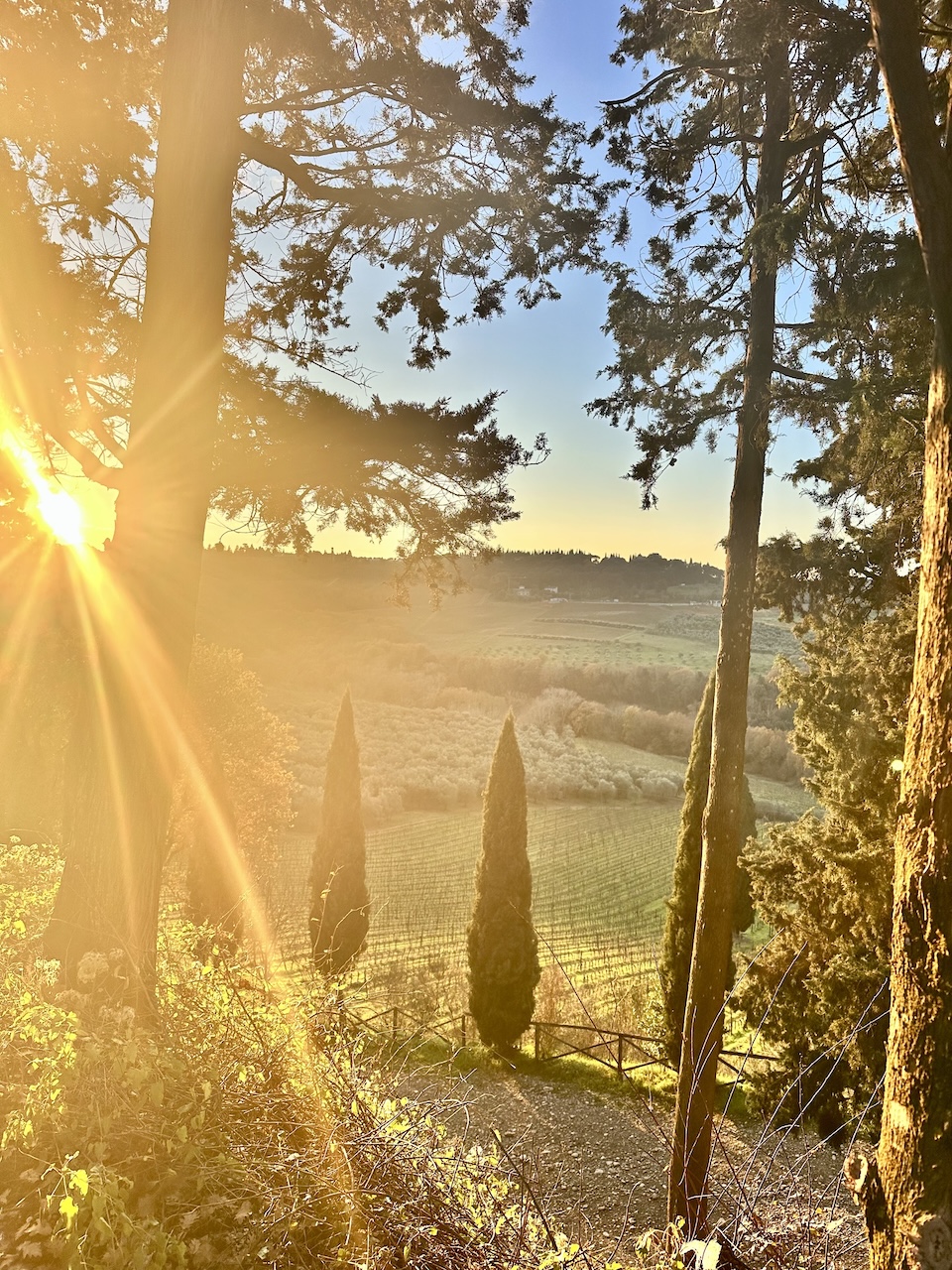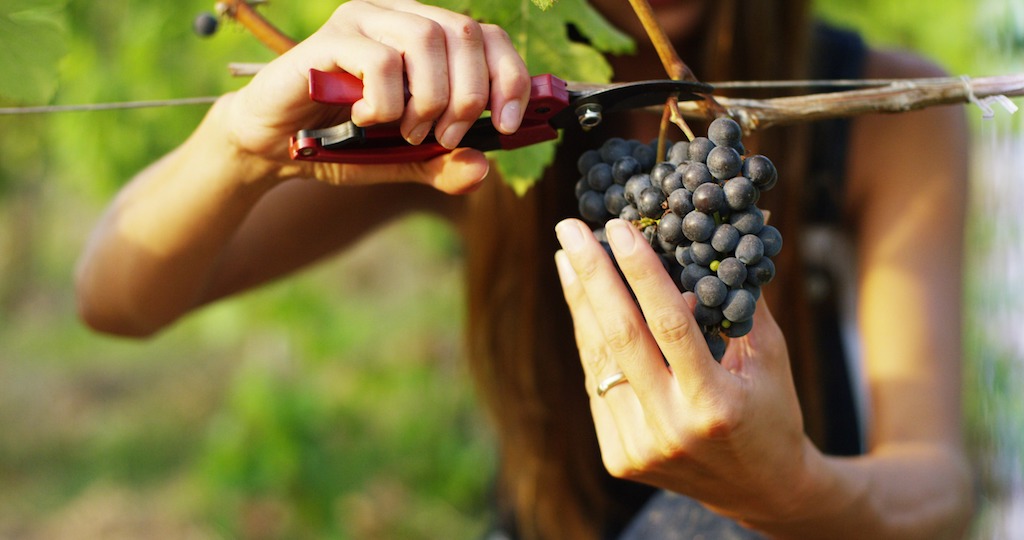Wine Tours in Tuscany - About Angie - +39 3333185705 - angie.chianti@gmail.com
The wine brings a special knowledge: you can notice it from the particular language that characterizes all his life, from his birth and growth in the vineyards, to its production in the cellars until his tasting, from bottles to cups. If you happened to witness the work of professional sommeliers – and coming with us on one of our Florence wine tours you will certainly discover – will feel that one of the most common words in the presentation of a good wine is the French word terroir.
It’s hard to explain briefly the meaning of the word terroir because it has no equivalent in other languages, and that’s why terroir is used by experts around the world to denote the set of all agents that combine to make a particular type of wine, making it unique, different from all the others. Why Why the Chianti is a special wine?
Because its soil is chalky with clay rocks, contain sand and pebbles and it is situated at an altitude between 250 and 600 meters; here it is successfully cultivated the vine Sangiovese, which proved to be the most suitable to thrive in this environment, seemingly poor and ungrateful.
The climate is another of the agents that make up the terroir: there are continental climates, ocean, mountain, Mediterranean with their own temperature, rainfall and winds that dry the grapes, the cool or warm. Is still part of the terroir a certain location of the vineyard, such as the side of a hill, the proximity to the water, a lake, a river or the sea, or a forest or a forest; and then the altitude: a cultivated at high altitude lives will not react the same way as they are grown near the sea. In the hills, the evening and the night temperatures drop much even in summer, and this makes sure that the sugars and enzymes contained in the grapes work with much more momentum, due to thermal shock, so creating a richer juice. Even the slope, another of the terroir factor, is essential: the rain water flows away more easily and does not create rot near the roots, so they will always be dry and strong and serve as anchor to the plant but also to the soil itself, avoiding landslides and floods in case of heavy rains. The best Italian vineyards are often in the hills: the earth is poorer because the water washes away the most nutrients to the surface and this will push the vine to stretch its roots to seek its nourishment deeper and then to gather in the fruit most valuable minerals and pristine parts that found underground. The land can be clay, limestone, granite, marl and shale, volcanic, even stony aspect and many components can also be located together. Depending on the type of soil, the good winemaker chooses the right vine which suit well in a certain climate and in a certain location and to work in harmony with the terrain: here is the last element of the terroir. It is the vine itself to extract the better from the ground and a good winemaker should only respond to this work of his vines, and, at the most appropriate moment, reveal the secret activity that takes place in the depths of the earth in a simple, but complete, glass of wine.





